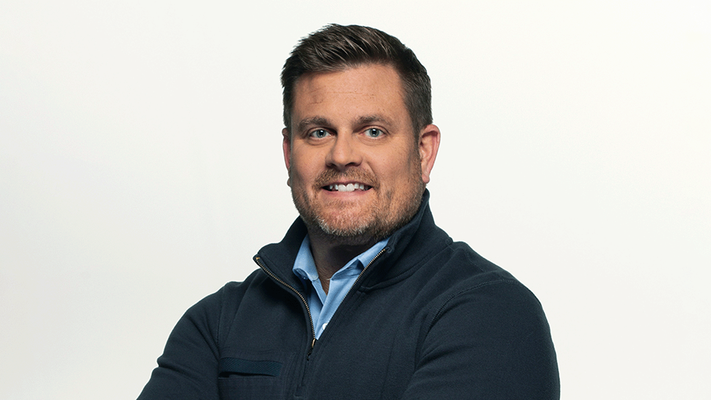
Health care providers (HCPs) can go a long way in managing patient pain simply by being kind and courteous when drawing their blood, according to that study that was presented at the ANESTHESIOLOGY® 2019 annual meeting.
The researchers noted that blood draws are often a source of significant anxiety for patients, and thus a big part of the pain experience. To conduct this study, they analyzed the responses of 4,740 adult patients who were hospitalized (average length of stay, 5.3 days) for a variety of conditions and illness pertaining questions about pain control and HCP courtesy. The two pain related questions were posed on a 1-4 scale, from 1 (never) to 4 (always). Separately, the researchers asked patients to rate the courtesy of the HCP who took their blood from 1 (very poor) to 5 (very good).
The results showed that 82% of patients answered 4 when asked how often the staff did everything they could to help them with their pain and 65% answered 4 when asked how often their pain was well-controlled. Moreover, the researchers observed that patients who answered with a 5 with respect to HCP courtesy were 390% more likely to have rated their pain control as a 4 (the maximum), than those who rated their provider less courteous.
“It’s not surprising that a courteous health care provider can improve the patient experience, but we were shocked at just how powerful that factor was,” said Mario Moric, M.S., lead author of the study and a biostatistician at Rush University Medical Center, Chicago in a press release about the study. “We thought the more needle sticks the higher the pain perception, but we found that effect was small. It turns out the experience of pain is much more significantly affected by the attitude of the people treating you.”
If your health care provider is nice, you’ll feel less pain https://t.co/sRmE2JDv2i
— Ivan K. Lukic (@iklukic) October 21, 2019
“It’s important to continue to improve health care procedures by making them less invasive, but listening to patients and letting them know you are trying to minimize their discomfort also is really powerful and should be a focus for all health care training programs,” added Asokumar Buvanendran, M.D., co-author of the study, chair of the American Society of Anesthesiologists Committee on Pain Medicine and vice chair of research at Rush University Medical Center. “Being kind makes a big difference in the patient experience, and that’s good for everyone.”
If your #health care provider is nice, you'll feel less #pain https://t.co/DsjaYEe686
— Medical Xpress (@physorg_health) October 21, 2019
If your health care provider is nice, you’ll feel less pain https://t.co/31ThrCQg3g
— Knowridge Science Report (@KnowridgeSci) October 22, 2019







 © 2025 Mashup Media, LLC, a Formedics Property. All Rights Reserved.
© 2025 Mashup Media, LLC, a Formedics Property. All Rights Reserved.